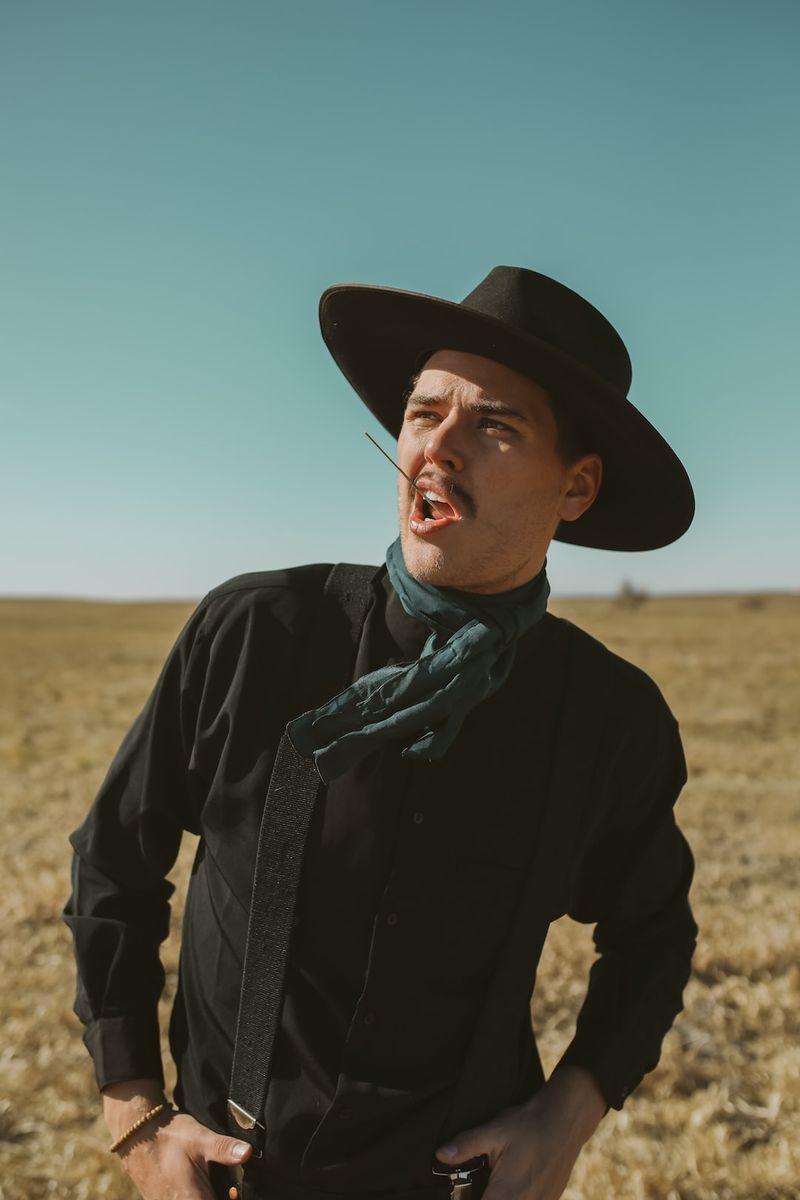Entertainment Sports Bull Riding Champion J.B. Mauney Retires After Breaking Neck in Accident: ‘Not the Way I Wanted to Go’
In a shocking turn of events, bull riding champion J.B. Mauney has announced his retirement from the sport after breaking his neck during a recent competition. The 36-year-old athlete took to Instagram to share the news, expressing his disappointment at the manner in which his career had come to an end.
A Career Cut Short: Mauney’s Retirement
After undergoing surgery on his neck, which involved the insertion of rod/plates/screws and the removal of a disc, Mauney was forced to confront the reality that he would no longer be able to participate in bull riding. Despite the successful surgery and his gratitude towards the medical staff who treated him, the severity of his injury has left him with no choice but to retire.
Mauney’s retirement marks the end of an illustrious career characterized by fearless determination and a tenacious spirit. Throughout his career, he secured two World championships in 2013 and 2015 and achieved the record for the most televised wins in the Professional Bull Riders league (PBR), on par with Justin McBride.
The Price of Passion: Debating the Risks of Extreme Sports
Mauney’s retirement raises important questions about the risks and rewards of extreme sports. The bull riding community, and the wider sporting world, must grapple with the philosophical and ethical dimensions of activities that expose participants to serious injury or even death.
On one hand, these extreme sports offer an unparalleled display of athleticism, courage, and the triumph of the human spirit. Athletes like Mauney inspire us with their resilience, determination, and refusal to back down in the face of danger. They embody the very essence of what it means to push one’s physical and mental limits.
However, we must also critically examine the societal and individual costs associated with these sports. When an athlete is forced to retire due to a life-altering injury, we are reminded of the potential consequences that come with pursuing such high-risk activities. The toll on an individual’s physical well-being, as well as the emotional and financial strain on their loved ones, cannot be overlooked.
Editorial: Balancing Passion and Protection
The retirement of J.B. Mauney prompts us to reflect on the responsibility we have as a society to balance the exhilaration of extreme sports with the need to prioritize the well-being and safety of the athletes.
First and foremost, more comprehensive safety measures must be implemented to minimize the risk of catastrophic injuries. Equipment advancements, rigorous training protocols, and enhanced medical support should be prioritized to ensure that athletes can compete at the highest level while minimizing the potential for life-altering harm.
Furthermore, it is crucial for there to be an open dialogue within each sport’s community regarding the long-term implications of participating in high-risk activities. Athletes, families, and governing bodies must work collaboratively to establish guidelines that protect athletes while preserving the essence of the sport.
Beyond the immediate concerns for athlete safety, we should strive to cultivate an environment that supports athletes in their retirement. The transition from a high-intensity athletic career to a post-sports life can be mentally and emotionally challenging. Ensuring access to comprehensive healthcare, financial support, and career development opportunities is essential to mitigate the potential negative consequences of retirement.
Advice: A Call to Reflection
As fans of extreme sports, we have a responsibility to re-evaluate our relationship with these activities. It is crucial that we recognize the inherent risks involved and appreciate the sacrifices and resilience of the athletes who partake in them.
For aspiring athletes, the retirement of J.B. Mauney serves as a reminder to pursue their passions with a realistic understanding of the potential consequences. As thrilling as these extreme sports may be, it is vital to prioritize personal safety and long-term well-being.
Ultimately, the retirement of J.B. Mauney should serve as a catalyst for change within the extreme sports world. By advocating for improved safety measures, fostering open conversations, and providing comprehensive support for retired athletes, we can strike a balance between the pursuit of passion and the protection of those who dare to push the boundaries of human capability.

<< photo by Drew Dau >>
The image is for illustrative purposes only and does not depict the actual situation.
You might want to read !
- “From Pop Princess to Iconic Queen: Taylor Swift Dominates the MTV VMAs 2023”
- “Exploring Hollywood’s Enduring Love for Dunkin’: Ben Affleck Stars in New Ad with Ice Spice”
- Exploring the Social Circles of Chiefs’ Travis Kelce: A Tale of an Unlikely Friendship with Taylor Swift
- “McDonald’s Farewell to Self-Serve: The Shifting Landscape of Fast Food”
- Fact Check: Uncovering the Truth Behind the Alleged Laughter of the Cop Who Killed Jaahnavi Kandula
- The Importance of Heat Safety in Physical Activities: Examining the Tragic Incident of Brandon Hunter




